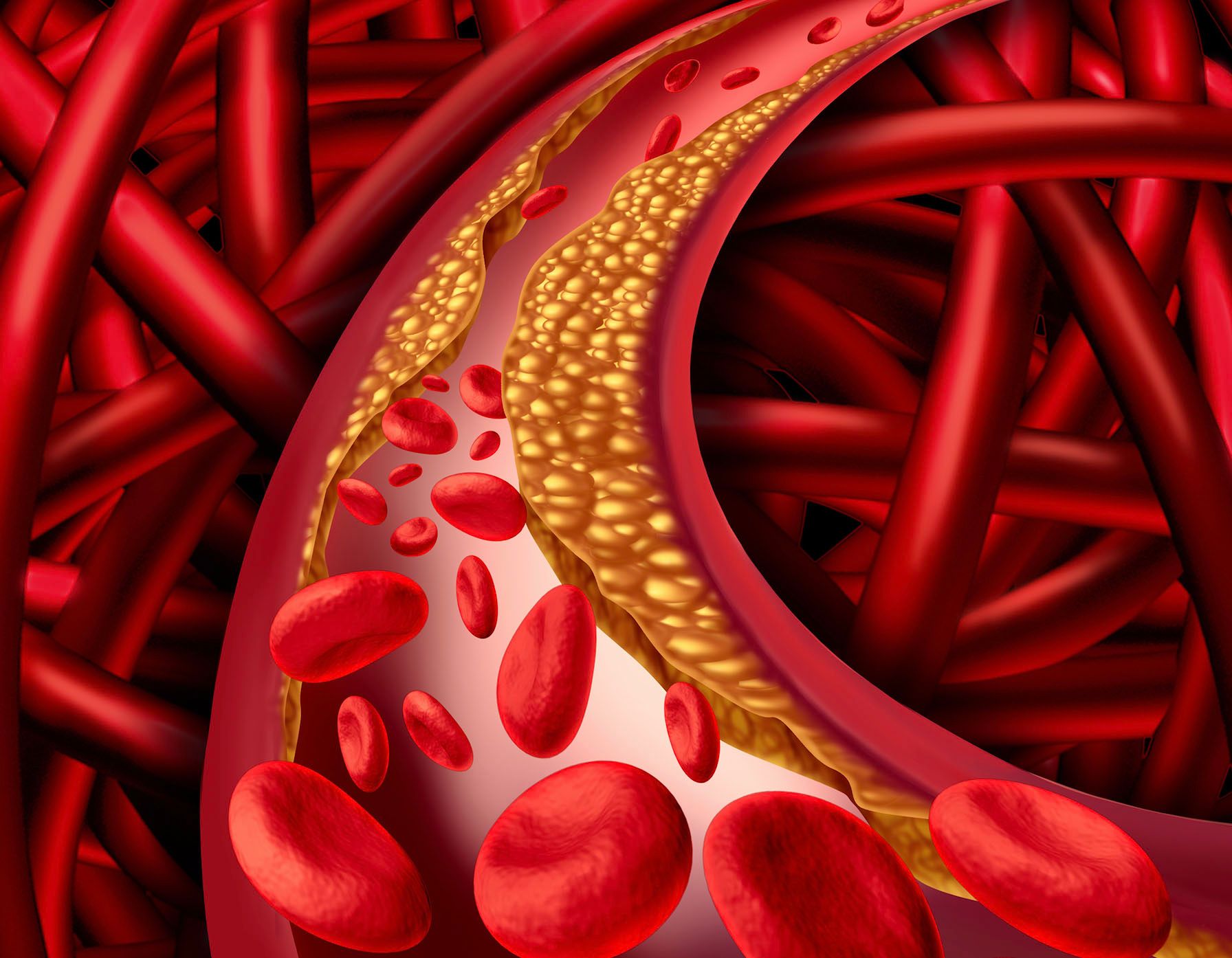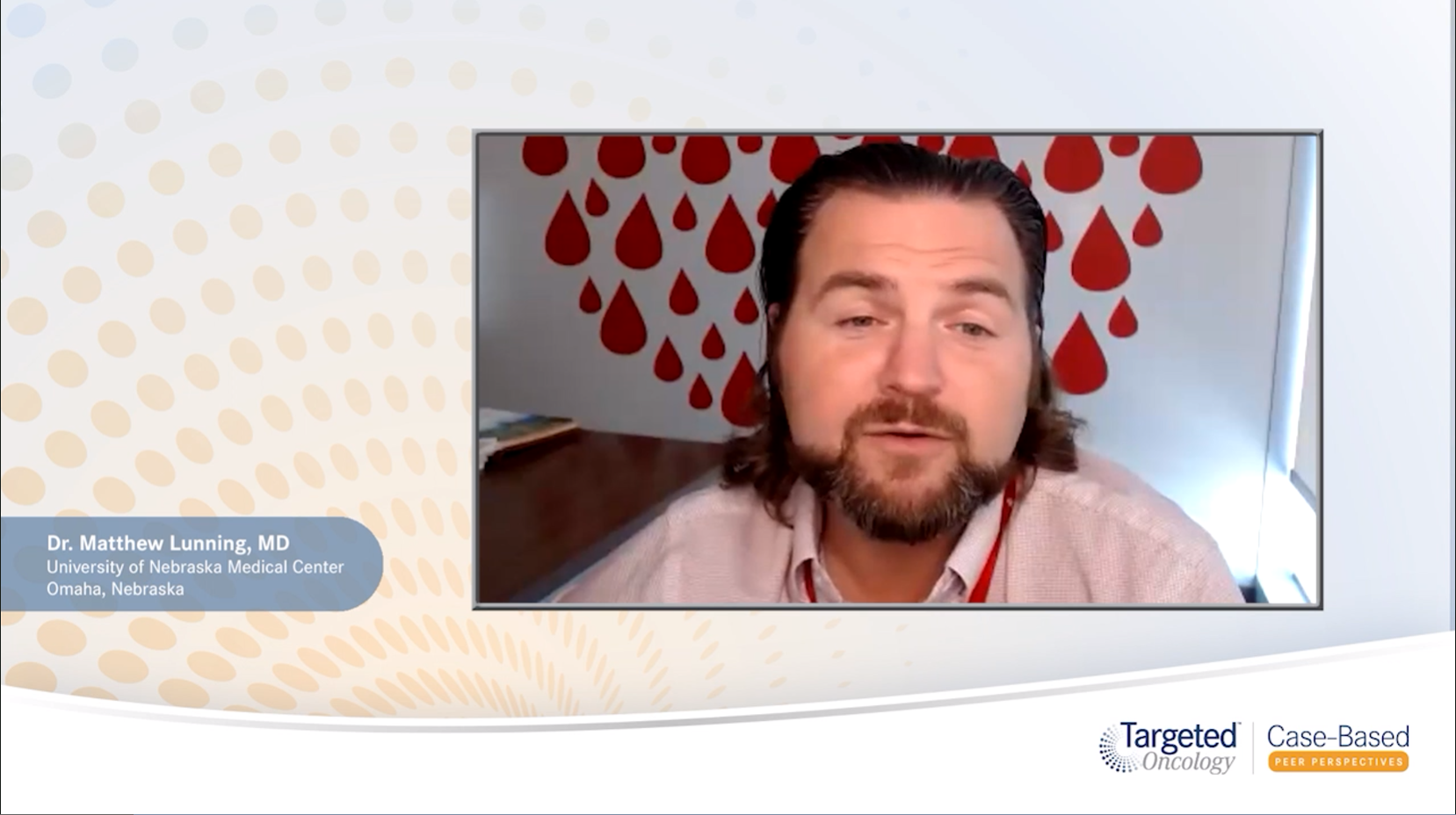Real-World Data Support Use of Polatuzumab Vedotin for Heavily Pretreated Patients with R/R DLBCL
Patients with relapsed or refractory diffuse large B-cell lymphoma who have not found success in 2 or more lines of therapy face stiff odds, but new data suggest polatuzumab vedotin–based therapies may help improve outcomes.

A new study has confirmed the efficacy and safety of polatuzumab vedotin (Polivy) for the treatment of patients with relapsed/refractory diffuse large B-cell lymphoma (R/R DLBCL) in real-world settings.1
The study affirms earlier evidence that was obtained in more tightly controlled clinical trial settings. The research was published in the journal Leukemia & Lymphoma.
Patients with R/R DLBCL who fail to respond or who relapse after 2 or more treatment regimens face very poor outcomes, wrote corresponding author Yafit Segman, MD, of Tel Aviv University in Israel, and colleagues. Existing regimens of therapy have resulted in overall survival (OS) rates of 4 to 6 months, leaving a significant gap of unmet clinical need.
However, the antibody-drug conjugate polatuzumab vedotin (pola) has shown promising signs that it could help fill that gap. In a phase 1 study of pola in patients with B-cell malignancies, single-agent pola showed objective responses in more than half (14 of 25) of heavily pre-treated patients with DLBCL.2 A combination with bendamustine-rituximab (Treanda-Rituxan; pola-BR), has been approved by the FDA to treat patients with R/R DLBCL who have had 2 or more prior ailed therapies and are not candidates for transplantation. A study published earlier this year3 showed that the pola-BR combination had superior progression-free survival (PFS) and OS rates when compared head-to-head with bendamustine-rituximab alone in patients with R/R DLBCL.
Still, Segman et al wanted to find out whether those positive data held up in real-world settings. To do so, they pulled data from 14 Israeli medical centers in which 47 heavily pre-treated patients with R/R DLBCL were given pola as part of a compassionate use program. Treatment was administered between June 2018 and November 2019, and all patients were at least 18 years old with 2 or more prior lines of therapy and at least 1 cycle of pola-based therapy. Among the 47 patients, 28 were treated with pola-BR and 4 were treated with pola in combination with bendamustine without rituximab (pola-B). The remaining 15 patients were treated with pola and rituximab but not bendamustine (pola-R).
In the overall study population, the median age was 66.1 years (interquartile range [IQR], 60.4-78.8). In patients treated with pola-B ± R, the median age was 66.3 years (IQR, 36.9-76.7), and among those treated with pola-R, the median age was 65 years (IQR, 56.7-83.5) Patients were excluded if they had central nervous system involvement or Richter transformation.
The median dose of bendamustine per cycle was 85 mg/m2 in patients receiving pola-B with or without rituximab. Patients receiving pola-B ± R got a median of 4 treatment cycles; those receiving pola-R had a median of 5 treatment cycles.
Twenty-five patients received granulocyte colony-stimulating factor (G-CSF) to prevent neutropenia, and 16 patients had early treatment discontinuation, mostly (12 cases) due to disease progression.
The overall response rate (ORR) was 61% in the overall population, with 40% achieving complete responses (CRs) and 21% achieving partial responses. In the 2 groups of patients who received pola-B ± R, the ORR was 62.5% and 37.5%, respectively. The pola-R group achieved an ORR of 60% with CRs in 47% of patients.
OS was a median of 8.3 months (IQR, 5.4-14.8), and the median PFS was 5.6 months (IQR, 2.97-7.97). Patients with Eastern Cooperative Oncology Group (ECOG) performance status scores of 2 or higher had shorter OS on average. Primary refractory and transformed DLBCL were linked with shorter PFS compared to relapsed disease and de novo DLBCL, respectively. The most common adverse events were infections and cytopenias.
“Our data show that polatuzumab-based regimen is an effective and tolerable treatment in relapsed/refractory DLBCL,” Segman et al concluded.
The investigators noted that their ORR and complete response results were equal to or better than the results of previously reported trials, and also superior to responses for third-line R-ICE (rituximab, ifosfamide, carboplatin, and etoposide), R-DHAP (rituximab, dexamethasone, cytarabine, and cisplatin), and gemcitabine-based therapies.
Though the study had the advantage of providing real-world data, Segman and colleagues also noted some limitations, including a small sample size and patient-specific variability in bendamustine doses, which the authors said prevented them from drawing conclusions about the relative benefits of inducing the drug. The fact that patients were heavily pre-treated, with a median of 3 prior lines of therapy, also made it infeasible to compare the results of the present study to earlier research in patients with just 1 or 2 lines of prior therapy.
It was concluded that the pola-based treatment appears to be a viable new therapeutic option for patients with R/R DLBCL, including patients with high-risk characteristics.
“The high response rates that were achieved even when administered without bendamustine suggests that pola-based therapy may also serve as a bridge to [autologous stem cell transplant] or to [chimeric antigen receptor] T-cell therapy,” they said.
References:
1. Segman Y, Ribakovsky E, Avigdor A, et al. Outcome of relapsed/refractory diffuse large B-cell lymphoma patients treated with polatuzumab vedotin-based therapy: real-life experience. Published online September 27, 2020. Leuk Lymphoma. doi:10.1080/10428194.2020.1824069
2. Palanca-Wessels MC, Czuczman M, Salles G, et al. Safety and activity of the anti-CD79B antibody-drug conjugate polatuzumab vedotin in relapsed or refractory B-cell non-Hodgkin lymphoma and chronic lymphocytic leukaemia: a phase 1 study. Lancet Oncol. 2015;16(6):704-715. doi:10.1016/S1470-2045(15)70128-2
3. Sehn LH, Herrera AF, Flowers CR, et al. Polatuzumab Vedotin in Relapsed or Refractory Diffuse Large B-Cell Lymphoma. J Clin Oncol. 2020;38(2):155-165. doi:10.1200/JCO.19.00172









